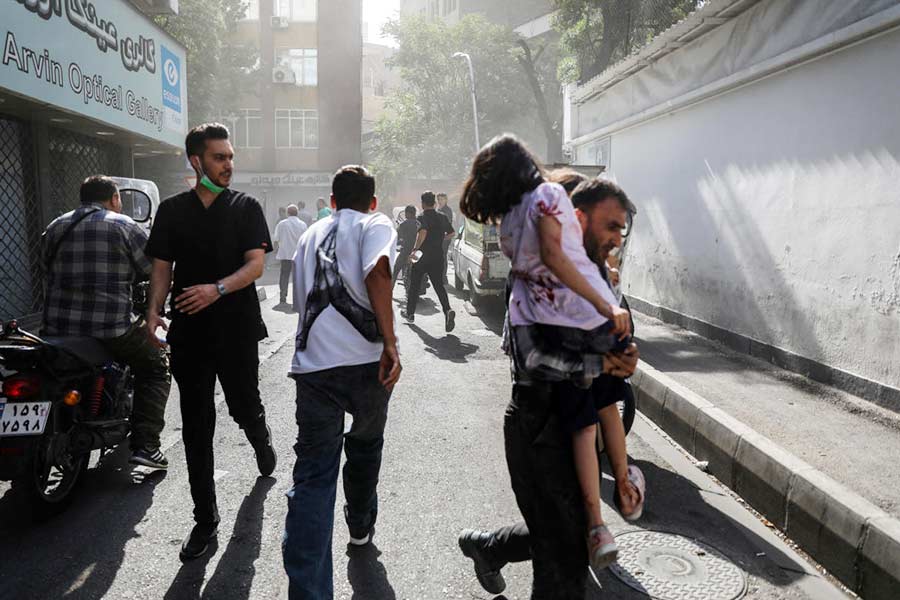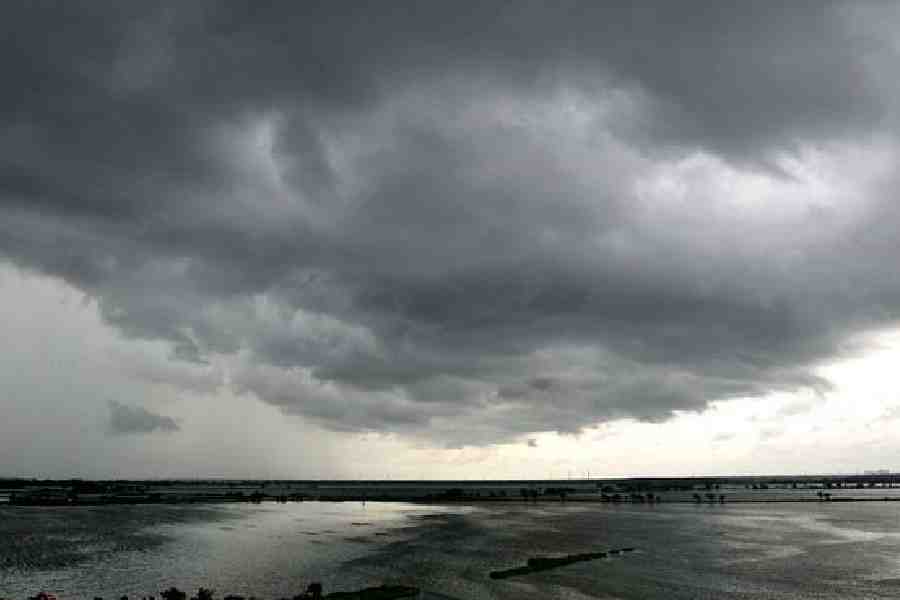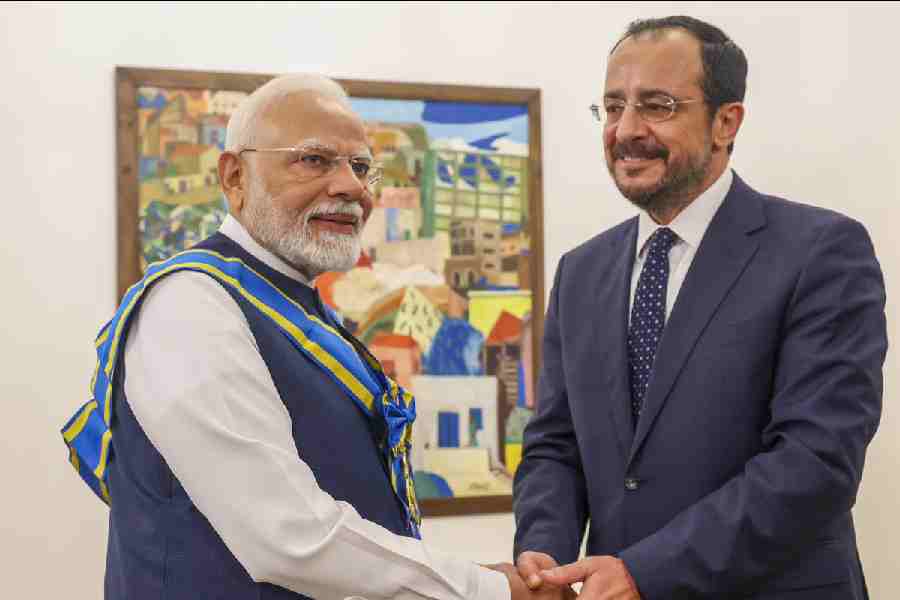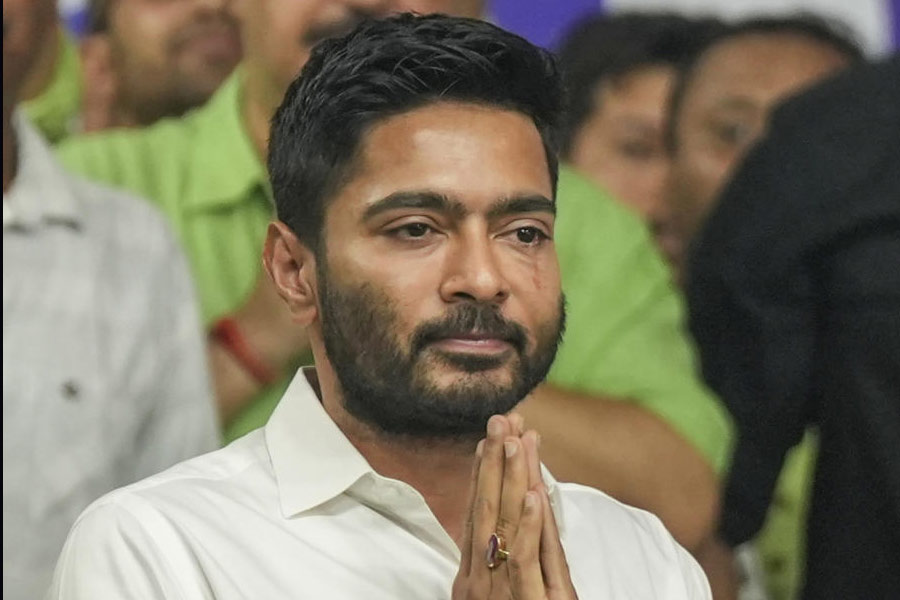 |
| Talimeren Ao |
Changki (Mokokchung), June 12: This is a story wrought in irony. Out here, the birthplace of the legendary Talimeren Ao, they don?t play football any more. After all, where will they play, since there is no football ground to do so?
It might possibly be blamed on a quirk of history, but the village of the greatest footballer the Northeast has ever produced ? and the captain of the first football squad of independent India to the London Olympics in 1948 ? has forgotten the beautiful game.
Today, the youngsters here play everything but football.
This village in Nagaland?s Mokokchung district did not watch the inaugural World Cup match between Germany and Costa Rica. Nor are they watching the other games. The seven schools in the village ? all without playgrounds ? have not been introduced to their great- grandfather?s favourite sport.
The land owned by T. Ao?s family, where the large village ground is located, last saw a football game way back in 1954.
Since those tumultuous days of the Naga struggle that peaked in 1956, security forces have been occupying the ground. First it was the army, now it is the Assam Rifles.
The ground, with an Assam Rifles company establishment, has a volleyball net standing metres away from where Ao?s house stood 50 years ago.
As youngsters played a basketball match clad in yellow jerseys on the afternoon of the World Cup?s first match, student Tenzuk Changkiri said: ?We are more into basketball and sepak takraw here since we do not have a ground where we can play football.?
?That land belonged to our family, but the army has been stationed there permanently,? said Rongsentemsu Ao, the barefoot T. Ao?s younger brother.
There is no tournament or even a ground named after T. Ao in Nagaland. Only recently, the government woke up to the fact that even the sole stadium in the state, in Kohima, is named after Indira Gandhi.
Chief minister Neiphiu Rio and top officials of the Assam Rifles had visited the village last year and promised to set up a ground for football. But nothing has been done so far.
The village hopes the government will construct a ground at nearby Akhirilo.
However, village elders admit that they are as much to blame as the state.
?Village politics also played a role in our inability to recognise the great man,? confessed village council chairman Senti Amer.
The village-based Orija Club tried once to organise a football tournament in Ao?s memory but local politics in the village scuttled the attempt, residents claimed.
Lanu Longchar, finance secretary of the new committee of the club, hoped the village would now be able to honour Ao with some aid from the government.
Akamba and Kheyo are two other footballers from the village who made a name for themselves in Nagaland?s football circuit. But they were brought up in other towns, not at Changki.
In fact, as Rongsentemsu pointed out, his brother played for the first 10 years at Impur village, where his father was a pastor at the local church.
Ao studied at the middle school at Impur and completed his high school in Jorhat before making a name for himself on the football field at the Maharana Club in Guwahati. Later, he shifted to Mohun Bagan club in Calcutta.











